
Short Poetry Collection 141
This is a collection of 27 poems read by LibriVox volunteers for February 2015. [chương_files]
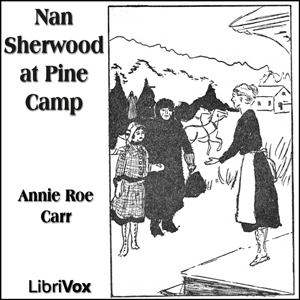
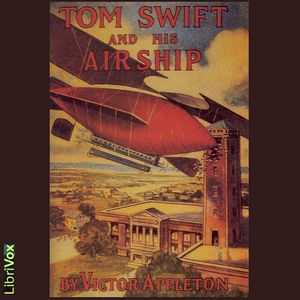
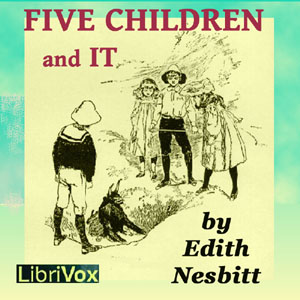
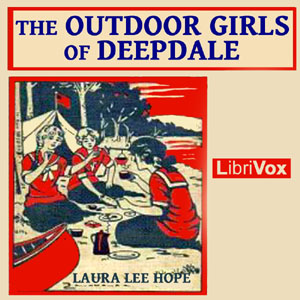
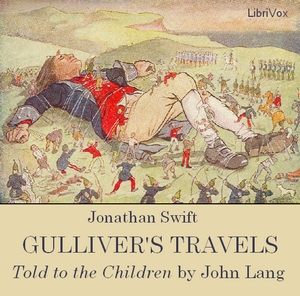
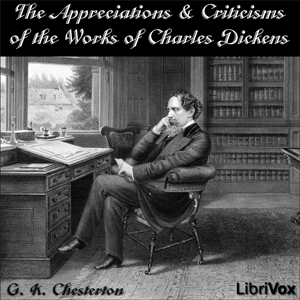
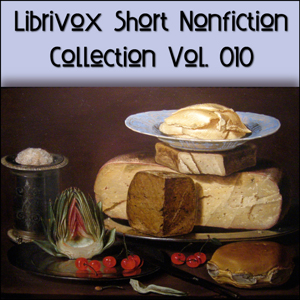

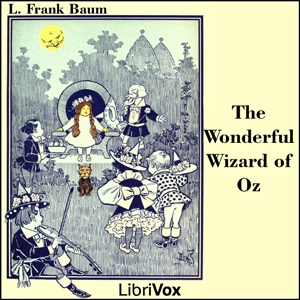
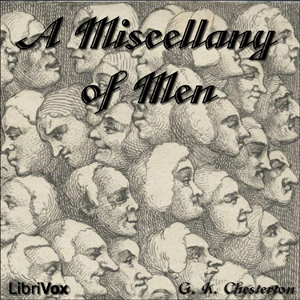
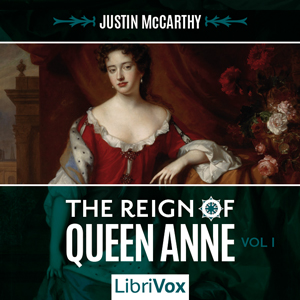
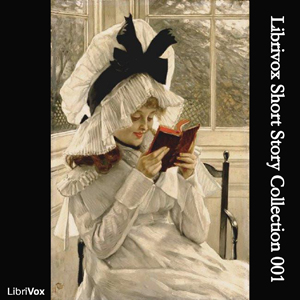


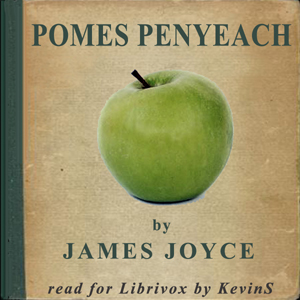
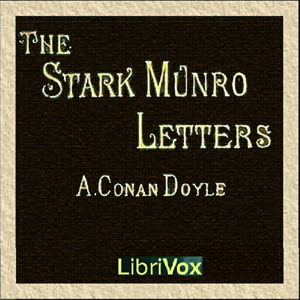

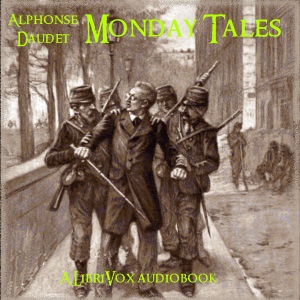

This is a collection of 27 poems read by LibriVox volunteers for February 2015. [chương_files]
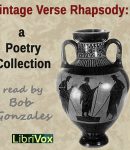
A collection of poetry selected and performed by Bob Gonzalez, rhapsode. Rhapsodes of Ancient Greece were “song-stitchers,” performing selections from the epics of Homer and Hesiod. The contemporary rhapsode performs the classical poetry of his or her language, culture, and tradition. Any particular collection and arrangement of poems for performance I term a “rhapsody.” In general terms, a rhapsody is an ecstatic expression of feeling and enthusiasm. In music, a rhapsody is an instrumental composition irregular in form and suggestive of improvisation. The poems in this rhapsody comprise a number of poems that I have performed in public and known for much of my life as well as several recent additions to my repertory. They are arranged in chronological order from the 16th century to the early 20th century. Some of the poets represented here are Edmund Spenser, William Shakespeare, John Donne, John Milton, Alexander Pope, William Blake, William Wordsworth, John Keats, Alfred Tennyson, Walt Whitman, Emily Dickinson, Lewis Carroll, and Robert Frost. (Summary by Bob Gonzalez) [chương_files]

The Excursion: Being a portion of The Recluse, a Poem is a long poem by Romantic poet William Wordsworth and was first published in 1814. It was intended to be the second part of The Recluse, an unfinished larger work that was also meant to include The Prelude, Wordsworth’s other long poem, which was eventually published posthumously. The exact dates of its composition are unknown, but the first manuscript is generally dated as either September 1806 or December 1809. (Introduction by Wikipedia) [chương_files]
Harold the Dauntless is a rhymed, romantic, narrative-poem by Sir Walter Scott. Written in 1817, it weaves together elements of popular English legends and folklore using dramatic themes. The poem recounts the exploits and the personal spiritual journey of a doubtful knight errant – Harold the son of Danish Count Witikind: who seeks to recover his lands and wed a suitable spouse. Fire-breathing Harold is as much a stranger to love as he is addicted to dangerous adventure: yet his own confrontations with the spirit-world shake his faith in supposed omnipotence of the traditional Norse pantheon. Can a blood-thirsty warrior like Harold ever feel the raptures of love? Can a man born to cherish gods of war really wish to exchange them for a God of peace? (Introduction by Godsend) [chương_files]

Book of 31 short poems dedicated to soldier boys.(Summary by Jill Preston) [chương_files]
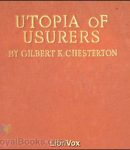
“Now I have said again and again (and I shall continue to say again and again on all the most inappropriate occasions) that we must hit Capitalism, and hit it hard, for the plain and definite reason that it is growing stronger. Most of the excuses which serve the capitalists as masks are, of course, the excuses of hypocrites. They lie when they claim philanthropy; they no more feel any particular love of men than Albu felt an affection for Chinamen. They lie when they say they have reached their position through their own organising ability. They generally have to pay men to organise the mine, exactly as they pay men to go down it. They often lie about the present wealth, as they generally lie about their past poverty. But when they say that they are going in for a “constructive social policy,” they do not lie. They really are going in for a constructive social policy. And we must go in for an equally destructive social policy; and destroy, while it is still half-constructed, the accursed thing which they construct.” [chương_files]

Arnold Bennett describes a method for enjoying literature, and suggests the contents of a comprehensive library. Chapters 1-10 and 14 describe his method for learning to enjoy literature. Chapters 11, 12, and 13 contain detailed lists of the 337 volumes required to complete a comprehensive library of English works. This reading is from the 1913 version at Project Gutenberg, and so does not contain the revisions made by Swinnerton for the 1939 edition, which included authors of the early Twentieth Century. Swinnerton’s revisions are available from Wikipedia. [chương_files]

This is a collection of poems read by LibriVox volunteers for the month of March 2010. [chương_files]
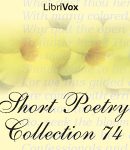
This is a collection of poems for the month of December 2008. [chương_files]

This a collection of poems recorded by LibriVox volunteers during the month of January 2009. [chương_files]
Copyright © 2024 | FreeAudible